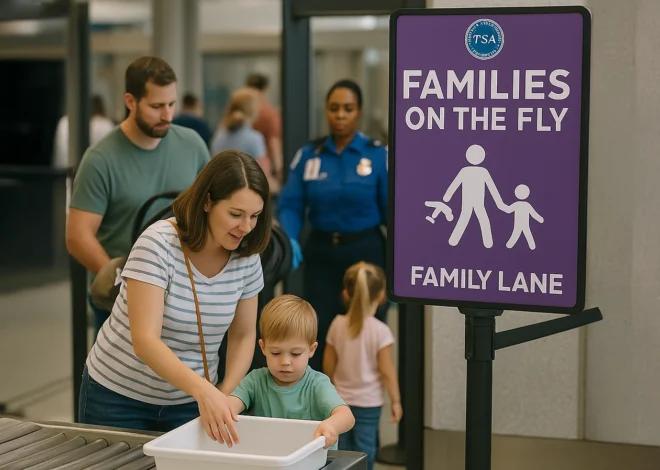At 34 weeks into your pregnancy, you probably feel tired and anxious to give birth. Your baby is about the size of a cantaloupe, even though your belly is much bigger. Difficulty finding a comfortable sleeping position combined with frequent bathroom visits during the night makes getting rest easier said than done. With your due date about a month and a half away, travel during your eighth month of pregnancy can be risky—and exhausting for you—so be sure to discuss plans with your doctor. Most practices have a policy on traveling during pregnancy.
General Travel Tips During Pregnancy
One of the biggest concerns of traveling pregnant women is early labor. Talk to your doctor about the place you are visiting and ask if there is a particular doctor or hospital they recommend should you have any complications. Avoid taking medications for any of the common conditions associated with traveling, such as diarrhea remedies, sleeping pills, laxatives and motion sickness pills. Be sure your travel plans allow you to rest, drink plenty of fluids, eat healthy and dress comfortably, avoiding clothes that are too warm or uncomfortable.
Dangers
Sitting or lying down for long periods of time can cause blood to pool in the feet and legs. Getting up suddenly from this position can cause a decrease in blood pressure and dizziness. Pregnant women are at an increased risk for deep vein thrombosis (DVT), which occurs when a blood clot develops in a deep vein, usually the lower leg or thigh, from sitting for prolonged periods of time. The clot can block blood flow and even break off and travel to other parts of the body, sometimes resulting in death. According to the National Institutes of Health, the risk for DVT increases for travel times longer than four hours. To help prevent this condition, make sure to stop frequently and walk around. Moving your legs and stretching your feet will stimulate blood flow.
Traveling by Air
Before booking a flight, check the airline’s policy for pregnant passengers. Most allow travel up until a month of their due date. Due to pressurization of planes, the American College of Obstetricians and Gynecologists (ACOG) recommends avoiding travel above altitudes of 7,000 feet in small planes. You may find an aisle seat near the front of the plane the most comfortable as you will have easier access to the bathroom and the ride tends to be smoother the closer you are to first-class.
Traveling by Land
The key to traveling by land is to be brief. Try not to spend more than five to six hours riding in the car. Be sure to buckle up! The shoulder belt should fall across the center of your chest (between your breasts) and not under the arm; the lap belt should be positioned under your belly rather than across it. Keep your seat at least 10 inches from the dashboard.
Traveling by Sea
Most of the popular cruise lines do not allow passengers in their third trimesters. Even if you find one that does, be sure to carry a letter from your doctor to avoid problems when boarding. The rocking of the ship can also cause seasickness, especially in pregnant women who already feel nauseated.




